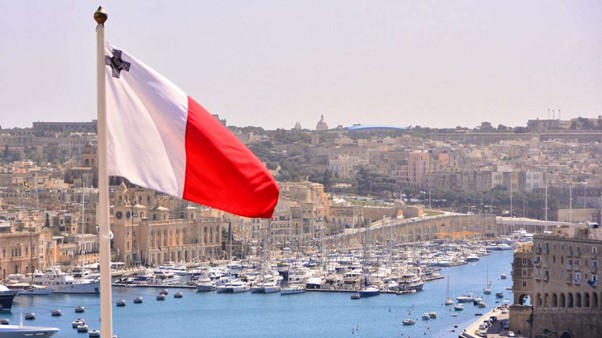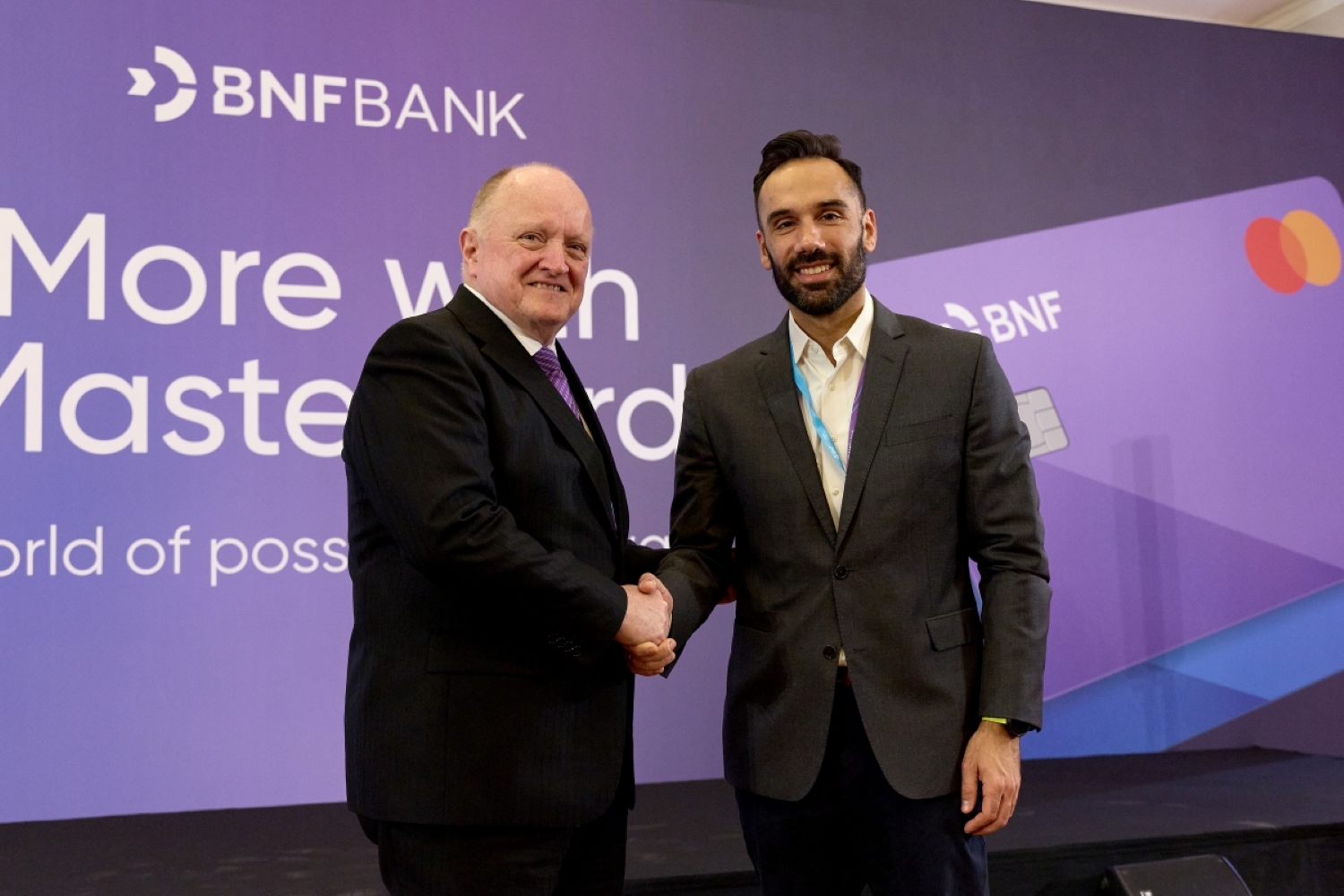In August, the Bank’s Business Conditions Index remained positive, as most macroeconomic variables continued to recover from the very low levels observed in 2020. Nevertheless, the level of aggregate economic activity remained below pre-pandemic levels.
The European Commission’s confidence survey shows that sentiment improved in August compared with a month earlier, while remaining well above its year-ago level and its long-term average. When compared with July, confidence increased across all sectors except in services.
The Bank’s estimate of the COVID-19 Government Response Index – a composite indicator that summarises various containment, economic and health-related measures introduced in response to the pandemic – fell from its level a month earlier and stood marginally below that reported in the euro area.
The number of final deeds of sale for residential property also rose on an annual basis. However, promise-of-sale agreements decreased.
In July, industrial production rose at a slower annual rate compared with a month earlier. However, the volume of retail trade rose at a faster pace.
The number of registered unemployed persons declined both when compared with June and when compared with a year earlier. The unemployment rate fell to 3.3 per cent in July, marginally below its pre-pandemic level.
The annual inflation rate based on the Harmonised Index of Consumer Prices (HICP) stood at 0.3 per cent in July, marginally up from 0.2 per cent in June, while that based on the Retail Price Index rose to 1.8 per cent from 1.5 per cent a month earlier. The difference between the two measures of inflation reflects technical factors related to the revision of HICP weights in 2021.
The Economic Update also includes data on recourse to the moratorium on loan repayments offered by domestic credit institutions to residents of Malta in response to COVID-19. The value of household and corporate loans subject to a moratorium at the end of July edged down further, to €79.9 million, equivalent to only 0.7 per cent of related outstanding loans. This reflects a recovery in income flows and the expiration of the moratoria period for certain beneficiaries.
By the end of July 2021, 617 facilities for working capital and loan repayment purposes had been granted to businesses impacted by the pandemic under the Malta Development Bank COVID-19 Guarantee Scheme, corresponding to total sanctioned amounts of €471.8 million, or 60.7 per cent of the scheme’s target size.
Cultivating future-oriented startups
Malta Enterprise CEO George Gregory on the opportunities opening up in Malta’s startup scene
BNF Bank and Mastercard partner to bring added value to Maltese customers
Collaboration enhances everyday banking through exclusive experiences, rewards, and innovative payment solutions
Trust, talent and transformation: The Malta Institute of Accountants’ vision for growth
CEO Maria Cauchi Delia believes accountants are ‘the bedrock of trust in Malta’s economy’






